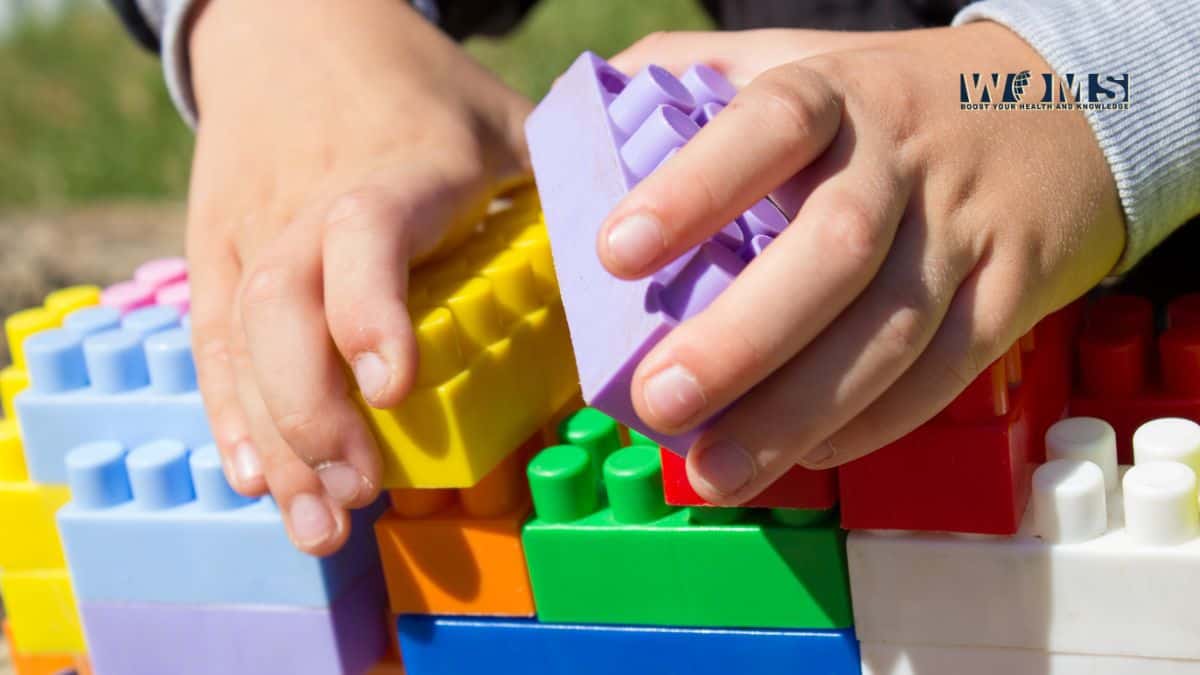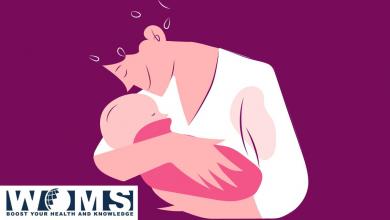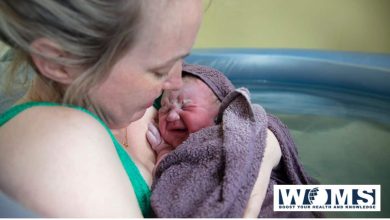How to Spot Early Signs of Developmental Delays in Children?

There are moments in the life of every parent when they wonder if their child might be a step or two behind from a developmental perspective. Perhaps the child isn’t meeting milestones like walking or talking at the expected age or they’re struggling to interact with other children in a normal manner. Such behaviour can cause a parent to wonder whether or not something more serious than an individual quirk, a temporary phase, or simple shyness might be at play. Many times, these worries are unfounded, but the unfortunate truth is that sometimes they aren’t.
Recognizing when something might be legitimately amiss with your child and taking them to a pediatrician sooner rather than later can make all the difference in stemming the tide of any genuine developmental delays. As with most medical issues, the earlier problems are detected, the more can be done to treat them effectively. Understanding when medical intervention might be needed is the first step to giving a child with developmental delays the best start to their life possible.
“Developmental delays in children are more common than most people realize, but armed with the right knowledge, parents can take steps to ensure their child receives the support they need,” says Dr. Moyez Ladhani, a consulting general pediatrician, as well as a former professor of pediatric medicine and award-winning academic administrator. “Timely action and early intervention can significantly improve outcomes, allowing children to thrive and reach their full potential.”
Developmental delays can be observed in either one or several typical areas, including motor skills, speech, social interactions, and cognitive abilities. While every child develops at their own pace, certain key milestones can help parents better monitor a child’s progress.
Motor Skills
Delays in motor skills might be evident if a child has difficulty with basic physical activities like sitting up, crawling, or walking. For instance, most babies begin to crawl around 6-10 months and take their first steps by 12-15 months. If a child isn’t achieving these milestones by these ages, it may be worth consulting a pediatrician. This is speaking generally, of course; being late by a few weeks or a month isn’t usually a major cause for concern.
Speech and Language
Extended delays in the development of speech and language capabilities are another area of concern. By the age of 1, many children are saying their first words, and by 2, most start to put 2 words together. If a child isn’t speaking by 18 months, it may signal a delay worthy of medical attention.
Social delays can also be an early indicator. By age 2, most children begin to show interest in interacting with other kids their age and engaging in simple acts of play. A child who routinely avoids social interaction, displays difficulty understanding emotions, or has limited interest in playing with others may need to be evaluated.
Cognitive Development
Cognitive delays might be harder for parents to spot, but they are just as important as the other areas of development listed above. Delays in this area can manifest as difficulties in understanding simple instructions, difficulties in problem-solving, or not showing an interest in activities appropriate for their age.
While these delays can sometimes be a normal part of a child’s development, certain indicators may suggest that there is a more serious issue bubbling underneath the surface. “If you notice any of the tell-tale signs of developmental delay, it’s important to consult a pediatrician as soon as possible,” emphasizes Dr. Ladhani. “A pediatrician can gauge the child’s progress, conduct screenings, and determine if further testing or referrals to specialists are necessary.”
According to the Canadian Pediatric Society (CPS), early intervention can significantly improve the outcomes for children with developmental delays. In many cases, services such as speech therapy, physical therapy, or behavioral therapy can help children catch up with their peers and build essential skills. Enrollment in special education programs can also be part of a larger plan for children with more complex needs.
If you have concerns about your child’s development, it’s important to seek professional help—if for no other reason than to rule out any underlying medical conditions. It’s also important to remember that should your child be diagnosed with any sort of developmental delays, it is not a reflection of their overall potential, but rather a medical hurdle that, with the right support, can be overcome.
Dr. Moyez Ladhani gives the following advice drawn from his decades of experience treating children and guiding parents. “Parents should feel empowered to ask questions and become actively involved in their child’s care. If your child does turn out to have developmental issues, the more you know about the available resources and strategies, the better equipped you’ll be to support your child’s development. After all, parenting is about being proactive, not reactive.”




